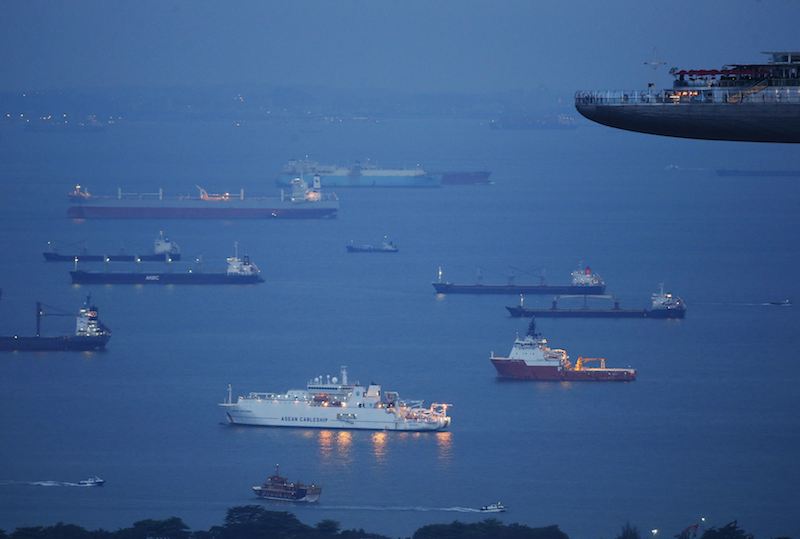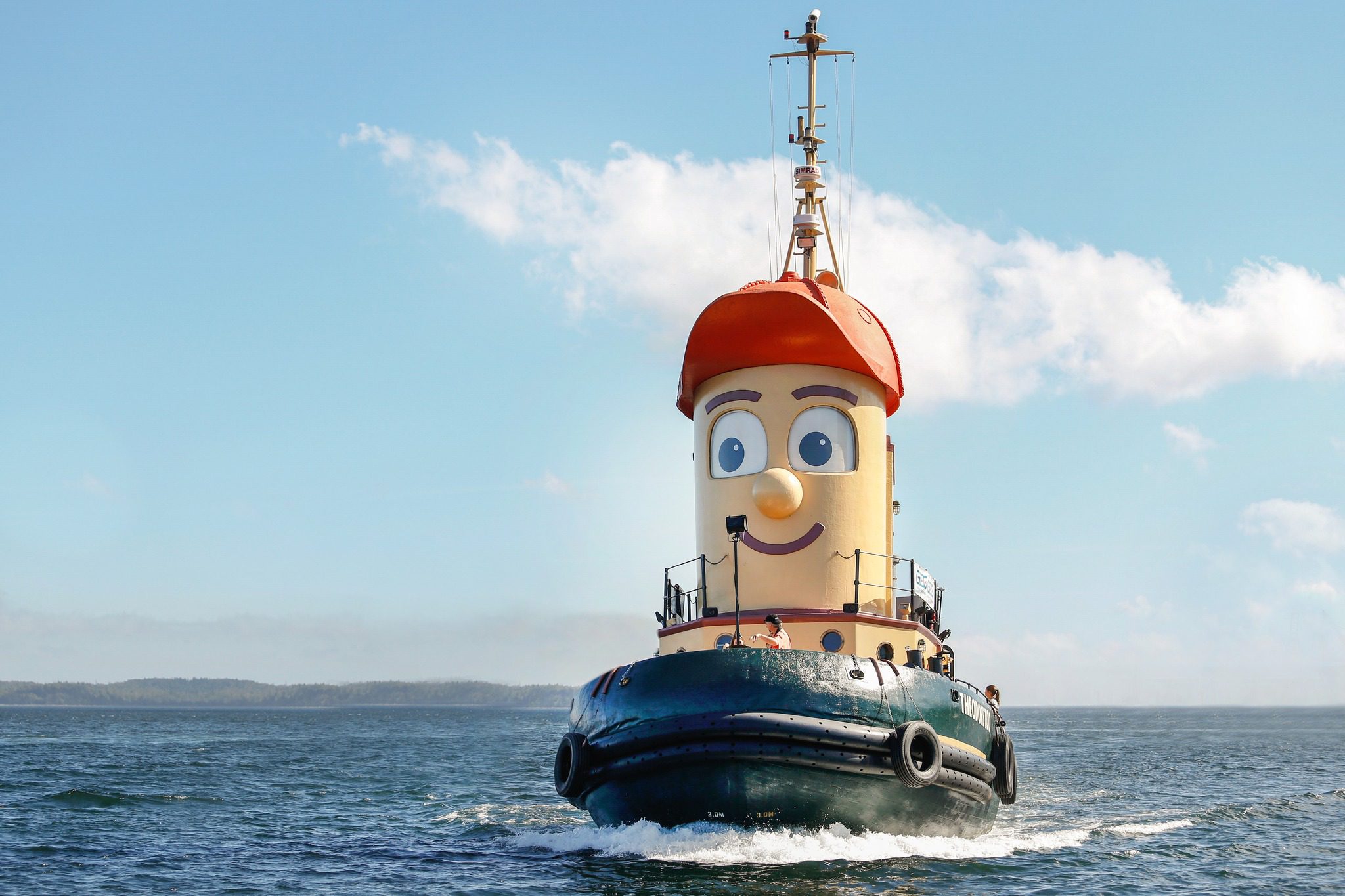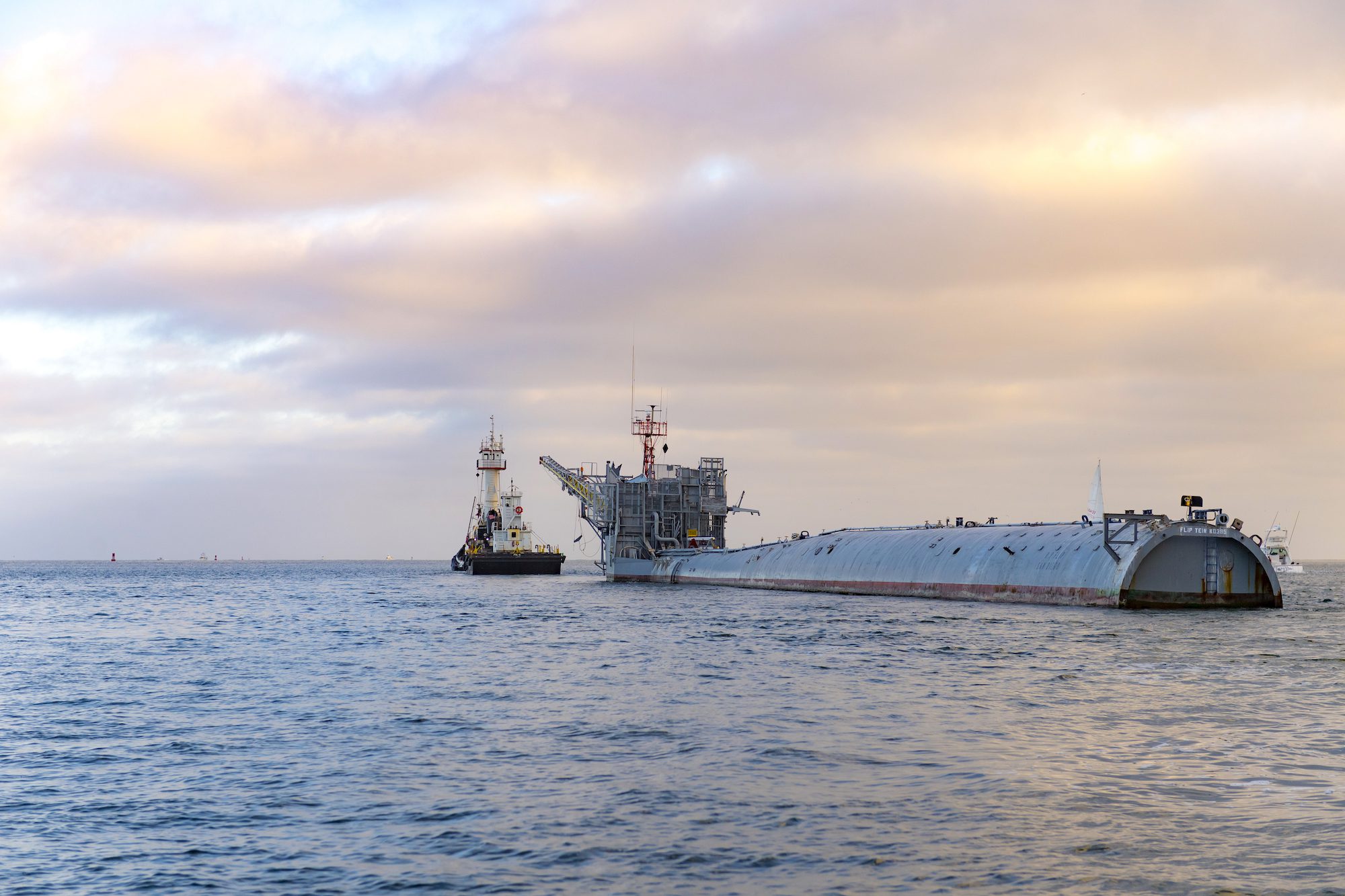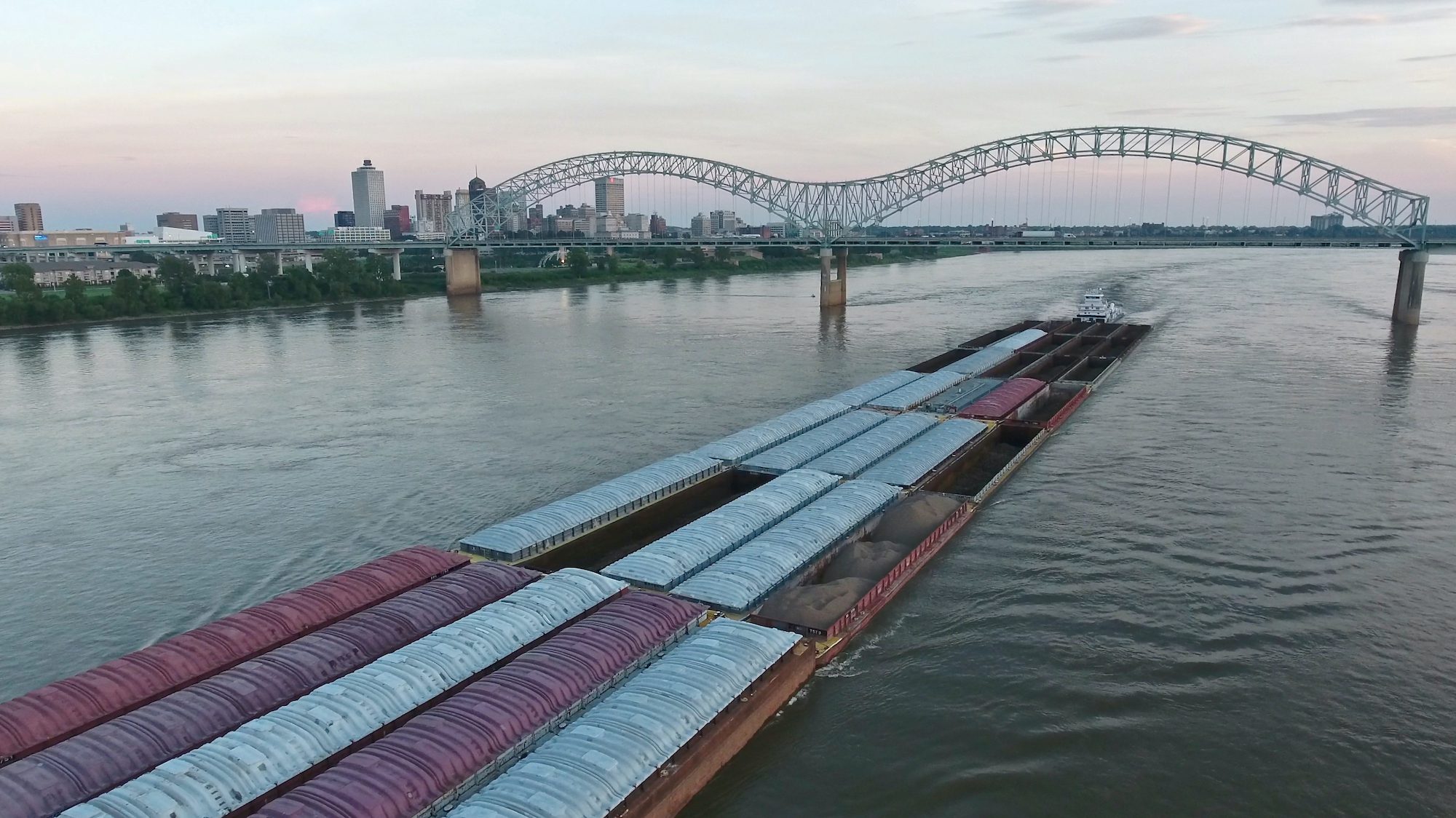Idle ships at anchor near the Port of Singapore. Picture taken July 17, 2013. REUTERS/Edgar Su
By Captain George Livingstone
[su_box title=”Author’s Note”] I have accepted an invitation from the good folks at gCaptain to become a contributing writer, this being the inaugural column. Briefly, I am an academy graduate, pilot and State Pilot Commissioner with 36 continuous years of sea service. I have co-authored or been contributing author on two separate international marine transportation books and have been a columnist for the Nautical Institute’s ‘Seaways’ and Baird Maritime’s ‘Work Boat World’. Personally, I believe a marine transportation writer’s stock is raised if also a working mariner; ‘walk the walk’ and all that. [/su_box]
One would have to have lived under a rock to have not noted the severe crisis international shipping has faced, across most segments, for several years.
Some recent headlines…
International Shipping News 21/01/2016 “Shipowners in financial distress as dry bulk crisis deepens”
Telegraph: “Zombie ships send maritime freight into worst crisis in living memory”
James Walters of Gray Page, writing for Bunkerspot where this article first appeared, presents a somber outlook for 2016. The New Year certainly started on a disappointing note….. The fall, particularly within the coal trade, should be seen as a major concern and one that is now being reflected through the collapse in Chinese share prices and in the gloomy market for dry bulk.
The Loadstar’s Gavin van Marle 2016 “The Panama and Suez canals could be the next institutions to be affected by the ongoing crisis in the container shipping industry”
The Telegraph’s Alan Tovey, 10 February 2016 “The shipping industry is in crisis with sector giant AP Moeller-Maersk reporting plunging profits“
Container ship, Tank ship, Bulk carrier, all facing severe situations. Any reader of gCaptain will have noted the numerous articles in the last two years citing the situation in international ocean shipping. It might be fair to say it has qualified as the single greatest challenge to world shipping since the great depression of the 1930’s. Let us note that the first quarter of 2016 is shaping up better than most had expected for international ocean shipping, but one quarter does not make a trend.
I can think of only one segment of international shipping not facing crisis, the Passenger ship business. The international Bulk Carrier crisis is directly related to China and should be no surprise to readers of gCaptain. Over a 10 year period of time, the Chinese economy grew at a near double digit rates taking as much of the world’s supply of raw materials as could be supplied via ship. When that stopped, it reverberated across the globe sending the likes of the Baltic Dry Index to all-time lows (recovering somewhat as of this writing). Late last year, I took a bulk carrier to sea and on the way the captain mentioned the daily charter rate of some bulkers had reached a low of around US$ 3,000/day!
The international Container Shipping crisis is all about over-supply, simply too many new ships being built. Some years ago a deliberate strategy of building bigger for ‘economy of scale’ was pursued by a few of the international shipping giants. Once commenced, it was pursued by nearly all players, large or not. That strategy, from the outside, now appears questionable. As the following editorial Headline by Olaf Merk on 12 May, 2016, in the Wall Street Journal indicates “The most recent reports on trade are bringing us more episodes of the soap opera that has become the container-shipping industry.” Drewry’s estimates that by 2019, sixty more Ultra Large Container Vessels (ULCV’s) will have been launched from yards around the world creating an over capacity of nearly 30% in worldwide container ships. Economy of scale or ‘Russian Roulette”?
The international tank ship market was in crisis due to international political and supply issues involving world oil that are entirely (or almost entirely) out of the tank ship business’s control. The crisis has been none the less grave for that, historic in fact. Although, like the bulk ship market, it has seen an upturn in the early going of 2016.
As the reader will note from just the headlines cited at the beginning of this article, there has been extensive, international coverage of this subject.
As a working mariner, however, I find myself thinking about…the working mariner. Where is the international discussion regarding how this crisis has affected the professionals manning these vessels? Because let’s face it (Contrary to Roll’s Royce’s touts on “automation is here”), the men and women manning these ships are the only reason international marine transportation functions. The fact is, mariner’s man ships and until such time as they don’t, it demands our attention. I have seen little to no discussion locally, regionally or internationally about the effect this extraordinary crisis has had on the professionals manning the world’s fleets. (Please correct me if I am wrong here).
As a pilot, I get the opportunity to work daily on many kinds of ships with many different nationalities, thus allowing me a glimpse of how things are faring on the high seas for mariners. The picture is grim for a significant portion of the men and women sailing the world’s oceans.
Examples? Graduating junior officers from the fine Indian Maritime Schools find employment in a sea-going billet very difficult if not impossible to obtain. How about one of the world’s greatest shipping nations, the land of my mother and father (and most of my family); the United Kingdom paying below poverty wages to deckhands on Scottish Ferries? Less than British National Minimum wage. What about the continued implementation of a ‘two watch’ system on short sea ships in Europe and Asia? How many ships will go aground at full ahead with an exhausted mate or master fast asleep before something is done about manning? What about Asian national fishing vessels literally enslaving deckhands and crew?
The idea of ‘ships of shame’ is not new, one need only go back through the history books to see the mariner’s lot. But in the 21st Century? When will the international shipping community and the IMO come together for a comprehensive review of the present situation at sea for the working mariner? Please do not through the “automation” excuse out, it’s nonsensical and inhumane to cut back on basic manning and working conditions on the premise that in 10 or 20 years there may be fully automated ships plying the ocean trades. Taking into consideration wages, manning (i.e. one more deck officer on each bridge would immediately relieve the burden of a massive increase in regulatory paperwork), living conditions and standards (access to internet!), etc. Institutions like The Nautical Institute (London) are trying but it is not enough, more needs to be and can be done. It is a matter of having the humanity and the will to do it.
Or do we just add the 21st century to the long list of centuries of which the mariner has endured what should not and need not be endured.

 Join The Club
Join The Club











